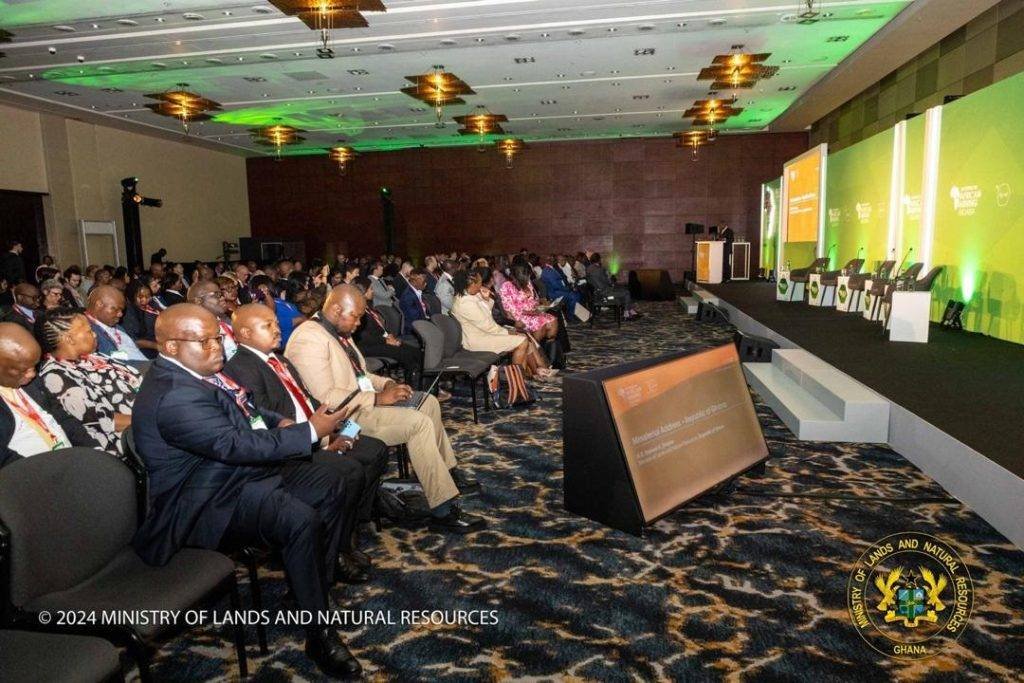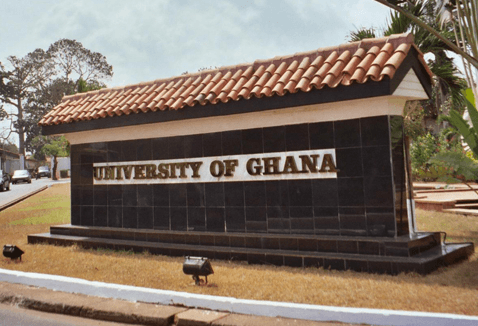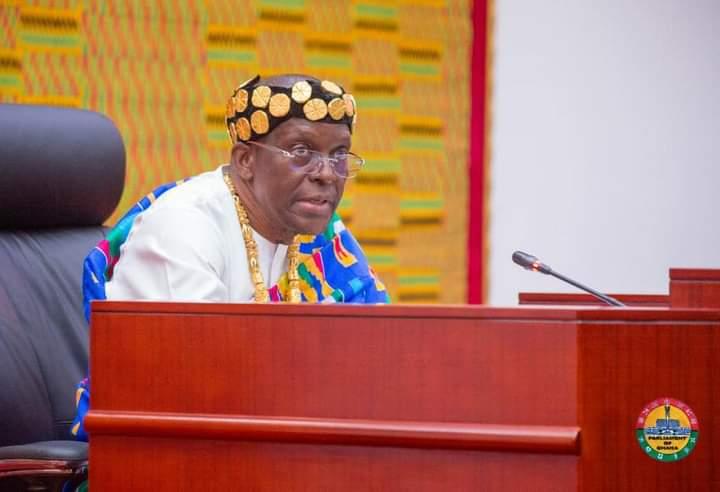
I am currently in the Malaysian capital, Kuala Lumpur, participating in the Third Country Training Programme (TCTP): Investment Promotion for African Countries, which is jointly organised by Malaysian Investment Development Authority (MIDA) under the Malaysian Technical Cooperation Programme (MTCP) and the Japan International Cooperation Agency (JICA).

Malaysia supports one hundred and forty-four (144) developing countries under the framework of the South-South Cooperation since 1980 through the Malaysian Technical Cooperation Programme (MTCP). In 1983, Japan started its Third Country Training Programme (TCTP) in Malaysia. Subsequently, Malaysia and Japan began to collaborate in 1992 to assist developing countries under the MTCP Recipient List within this TCTP arrangement.
The key focus of the training programme is to share Malaysia’s experience on its economic developments and country’s transformation from an agriculture based into manufacturing and services. This also includes information sharing through success stories from local companies, relevant public and private institutions involved in the economic development and the country’s transformation.
The main objectives of the TCTP ‘Investment Promotion for African Countries’ course are to provide an insight on MIDA’s organisational mechanism in promoting investment and coordinating development in the manufacturing and services sectors in Malaysia, and deepening the working relationship between MIDA and investment promotion agencies of the participating countries. In addition, the programme is to enhance investment and trade opportunities between Malaysia and the participating countries.

During the programme, I became aware that Malaysia’s investment story is built on its robust fundamentals, a strategic geographic location and proactive government policies that have consistently attracted significant foreign direct investment (FDI). While FDI flows have had some fluctuations, recent reports from 2024 and 2025 show that the country continues to secure major commitments, particularly in the high-tech and digital sectors.
Key strengths for attracting investment
- Strategic location and market access
- Gateway to Southeast Asia:Positioned in the heart of Southeast Asia, Malaysia offers access to a market of 700 million people within the ASEAN bloc.
- Trade network:The country has a high trade-to-GDP ratio and strong trade relationships with economic powerhouses like China, Singapore and the United States.
- Neutral geopolitical stance:Malaysia’s policy of maintaining a balanced, neutral stance has helped it attract companies diversifying their supply chains away from geopolitical hotspots, benefitting its semiconductor and electronics manufacturing industries.
- Skilled and cost-competitive workforce
- Educated talent pool:Malaysia boasts a relatively young, educated and multilingual workforce that is proficient in English.
- Talent development:The government is investing in talent development, with initiatives like expanding AI education in universities and creating a RM1 billion strategic investment fund to nurture local talent for high-value activities.
- Supportive and proactive government policies
- Liberalised economy:The government has traditionally welcomed FDI and has progressively liberalised its economy to fuel export-oriented growth.
- Strategic frameworks:Key policies like the New Industrial Master Plan (NIMP) 2030 and the MADANI Economic Framework provide clear guidelines and targets to enhance competitiveness and structural reforms.
- Favourable incentives:Comprehensive incentive packages are offered to investors, including tax exemptions and allowances, particularly for high-growth, high-value (HGHV) activities, digital technologies and ESG-compliant projects.
- Developed infrastructure and robust ecosystem
- Physical infrastructure:The country has well-developed physical and digital infrastructure, with extensive transport networks and advanced information and communications technology (ICT) infrastructure.
- Technological ecosystem:Malaysia has a strong ecosystem of manufacturers and suppliers across key sectors, including semiconductors, electronics and medical devices. The country is a globally important player in semiconductor assembly, testing and packaging.
- Data centre hub:Leveraging its strengths, Malaysia is emerging as a regional data centre hub, attracting major investments from tech giants like Google, Microsoft and ByteDance.
- Strong competitiveness and economic performance
- High rankings:In the 2025 World Competitiveness Ranking by the IMD, Malaysia jumped 11 spots to 23rd globally, placing it second in Southeast Asia after Singapore. This improvement was driven by strong economic performance, and government and business efficiency.
- Diversified economy:The economy is highly diversified with strong manufacturing and services sectors, and is less vulnerable to commodity price fluctuations compared to previous decades.
Recent high-profile investments
- Technology and AI:In 2024, Microsoft, Google and ByteDance announced major investments for new data centres and AI infrastructure, capitalising on Malaysia’s talent, infrastructure and low operating costs.
- Semiconductors:Intel is making a significant investment to expand its chip packaging facility in Penang.
- Special Economic Zones (SEZs):The Johor-Singapore SEZ and the Forest City Special Financial Zone are being developed with special incentives to attract new investment.
- Venture Capital:The government is revamping tax incentives for venture capital and private equity firms to strengthen the country’s venture capital ecosystem.
Challenges and outlook
While Malaysia offers a strong value proposition, the investment environment is not without challenges. Investors must navigate complex regulations, including affirmative action policies that favour ethnic Malay (Bumiputera) entities in certain sectors. The government’s continued influence in the economy through state-owned banks and government-linked companies can also affect competition.

Despite these issues, the current administration’s commitment to structural reforms and addressing bureaucratic inefficiencies, as demonstrated by the 2025 competitiveness rankings, signals a strong resolve to enhance Malaysia’s investment attractiveness.
>>>the writer is a thought leader in Marketing Communications, Stakeholder Relationship Management Professional and International Cooperation Specialist. Over the last fifteen (15) years, he has made tremendous impact within Africa’s corporate communications and creative arts sectors. He can be reached at [email protected] / 233 20 854 1480.
The post Chris Koney’s column: Attracting investment, the Malaysian story appeared first on The Business & Financial Times.
Read Full Story
























Facebook
Twitter
Pinterest
Instagram
Google+
YouTube
LinkedIn
RSS